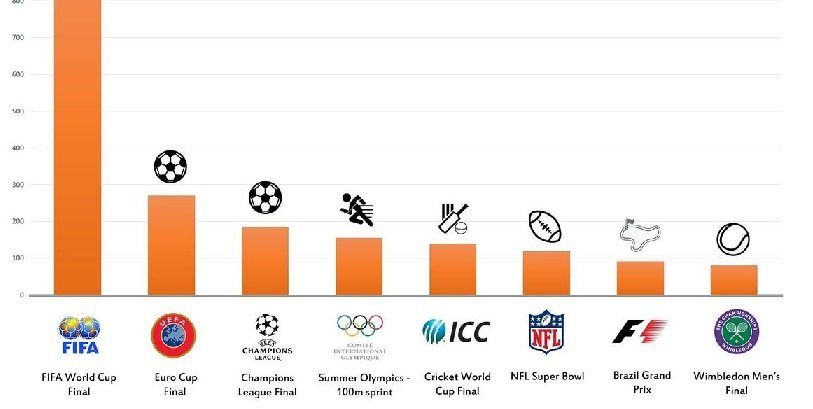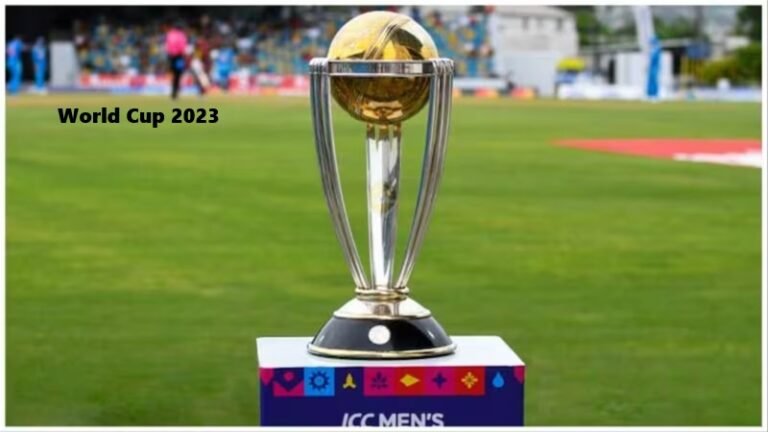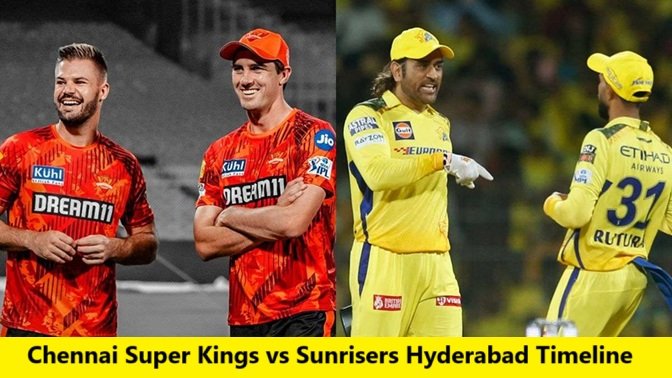
Introduction
The World Cup is more than just a football tournament; it is the most-watched and celebrated sporting event on the planet. Every four years, nations from across the globe come together to compete for the prestigious title of World Cup champions. Whether you’re a die-hard football fan or a casual viewer, the WorldCup captivates audiences with its dramatic matches, star players, and the sheer emotion that comes with the game. In this guide, we’ll explore the rich history of the WorldCup, its significance, and what makes this tournament the pinnacle of international football.
The History of the World Cup
Origins of the Tournament
The World Cup was first held in 1930, spearheaded by FIFA (Fédération Internationale de Football Association), the global governing body of football. The idea of a global football tournament was born in the 1920s, but it wasn’t until FIFA President Jules Rimet championed the cause that the first tournament took place in Uruguay, with the host nation winning the inaugural trophy.
Key Milestones in WorldCup History
Since 1930, the WorldCup has expanded from 13 teams in the first edition to 32 teams today, with plans to expand to 48 teams by 2026. Over the decades, the tournament has witnessed moments that have defined football history, from Brazil’s dominance in the 1950s and 60s to Maradona’s famous “Hand of God” goal in 1986. Each tournament brings new milestones, and the competition continues to evolve with the times.
How the World Cup Works
Qualification Process for Teams
Countries must first qualify for the World Cup through regional qualifying tournaments. FIFA divides the world into six confederations: UEFA (Europe), CONMEBOL (South America), CONCACAF (North and Central America), CAF (Africa), AFC (Asia), and OFC (Oceania). Each confederation has a specific number of spots in the World Cup, and teams must compete in qualifying rounds to secure their place.
Tournament Format: Group Stage to Knockout Rounds
Once the 32 teams qualify, the tournament begins with the group stage, where teams are divided into eight groups of four. Each team plays three matches, and the top two teams from each group advance to the knockout rounds. The tournament progresses through the Round of 16, Quarterfinals, Semifinals, and Final, with the champion decided in a single-match final.
Host Nations and Venues
How a Country is Chosen to Host the World Cup
The process of selecting a WorldCup host is competitive and thorough. Countries submit bids to FIFA, which evaluates the infrastructure, stadiums, accommodation, and transportation of each candidate nation. The FIFA Council then votes on the host country, often years in advance. Hosting the WorldCup is seen as a prestigious honor, with countries investing heavily in infrastructure to prepare for the tournament.
Iconic World Cup Venues Over the Years
Throughout the history of the WorldCup, several stadiums have become legendary due to the memorable matches played there. From the Maracanã in Brazil, which hosted the 1950 final, to Wembley Stadium in England, and more recently, the state-of-the-art venues in Russia 2018 and Qatar 2022, World Cup venues are an integral part of the tournament’s magic.
The Importance of the World Cup
Cultural Significance
The WorldCup is more than just a sporting event; it is a cultural phenomenon. For many countries, it represents a rare opportunity to showcase their national pride on the global stage. Fans from all over the world travel to host countries, creating a melting pot of cultures, languages, and traditions, united by a shared love for football.
Economic Impact on Host Countries
The economic impact of hosting the World Cup can be significant. While hosting requires a large financial investment in infrastructure and facilities, the tournament can bring in billions of dollars in tourism, sponsorship, and broadcasting revenue. Cities that host WorldCup matches often see a boost in their global profile, making them attractive destinations for future international events.
Memorable Moments in World Cup History
Iconic Goals and Matches
The World Cup has produced some of the most memorable moments in sports history. From Diego Maradona’s “Goal of the Century” in 1986 to Zinedine Zidane’s headbutt in the 2006 final, these events have become legendary. Other highlights include Brazil’s incredible 1970 team, Germany’s 7-1 victory over Brazil in 2014, and Pele’s three World Cup victories.
Famous Players Who Made World Cup History
Many of the game’s greatest players have made their mark on the WorldCup. Pele remains the only player to have won three World Cups, while Maradona’s skill and charisma in 1986 are still talked about today. More recently, players like Lionel Messi and Cristiano Ronaldo have become central figures in World Cup tournaments, with fans around the world hoping to see them lift the trophy.
The Role of FIFA in the World Cup
FIFA’s Role in Organizing the Tournament
FIFA is responsible for overseeing every aspect of the World Cup, from organizing the qualification process to selecting the host country and ensuring the smooth running of the tournament itself. The organization also handles sponsorships, broadcasting rights, and ensuring the rules of the game are upheld during the event.
Controversies Surrounding FIFA and the WorldCup
FIFA has not been without its controversies, particularly concerning the bidding process for host countries. Allegations of corruption have tarnished the reputation of the organization, most notably in the selection of Russia and Qatar as hosts. FIFA has since taken steps to improve transparency and reduce the influence of external pressure in its decision-making processes.
Top Players in WorldCup History
Legends of the Game: Pele, Maradona, Messi, and More
No WorldCup discussion would be complete without mentioning the legends who have graced the tournament. Pele, with his dazzling skill and three WorldCup wins, remains a global icon. Maradona, often regarded as one of the best players of all time, left an indelible mark with his 1986 performances. Today, Lionel Messi and Cristiano Ronaldo continue to chase WorldCup glory, each hoping to secure their place among the tournament’s greatest.
Rising Stars to Watch in Future Tournaments
As football continues to evolve, so does the emergence of new talent. Players like Kylian Mbappe, who helped France win the 2018 WorldCup, and young stars like Pedri and Phil Foden are set to dominate future tournaments, bringing fresh excitement to the global stage.
Winning the World Cup: What It Takes
Teams with the Most World Cup Titles
Only eight countries have won the WorldCup, with Brazil leading the way with five titles. Germany and Italy each have four titles, followed by Argentina, Uruguay, and France with two each. England and Spain have one title apiece, further showcasing the elite nature of winning the tournament.
Key Tactics and Strategies Used by Champions
Winning the World Cup requires not just skill but careful strategy. Successful teams balance a strong defense with a potent attack. Teams like Spain 2010, with their tiki-taka style of possession football, and Brazil 1970, known for their free-flowing and creative play, are prime examples of how tactics play a critical role in becoming champions.
The Influence of the World Cup on Global Football
How the Tournament Shapes National Teams
The WorldCup has a lasting impact on national football teams. Teams that perform well often see a surge in funding, youth development programs, and global recognition. Additionally, players who shine on the WorldCup stage often become global stars, securing high-profile transfers to top European clubs.
Boosting Football’s Popularity Worldwide
The WorldCup serves as a platform to popularize football in regions where the sport may not be as prominent. Countries like the United States, China, and India have seen growing interest in football, driven in part by the global reach of the World Cup.
World Cup Fans and Their Impact
Fan Cultures Around the World
World Cup fans are some of the most passionate in sports. From the samba rhythms of Brazilian supporters to the organized chants of English fans, the atmosphere surrounding a WorldCup match is electric. Fans often travel across the globe to support their teams, creating a vibrant mix of cultures at every tournament.
The Role of Fan Support in a Team’s Success
The support of fans can have a significant impact on a team’s performance. The energy in the stadium can inspire players to give their best, while hostile environments can challenge visiting teams. Teams like Uruguay 1950 and Argentina 1986 benefitted greatly from passionate fan support.
Women’s World Cup: Growing in Popularity
History of the Women’s World Cup
The Women’s World Cup was first held in 1991, over 60 years after the men’s tournament began. Since then, it has grown into one of the largest women’s sporting events in the world. The USA and Germany are dominant forces, with the USA having won four titles.
Milestones in Women’s Football
Recent years have seen major milestones in women’s football, including record-breaking attendance and viewership numbers. The 2019 Women’s World Cup, held in France, drew over 1 billion viewers globally, a testament to the growing popularity of women’s football.
Technology and the WorldCup
VAR and Goal-Line Technology
Technology has made its way into the WorldCup in recent years. VAR (Video Assistant Referee) and goal-line technology were introduced to ensure fairness in decision-making. While VAR has been controversial, it has helped reduce errors and ensure more accurate refereeing.
The Future of Tech in Football
As technology continues to evolve, the World Cup may see even more innovations, from AI-driven analytics to augmented reality for fans watching at home. These developments could change the way we experience the tournament in the years to come.
Sustainability and the WorldCup
Environmental Impact of Hosting the Tournament
Hosting the WorldCup has a significant environmental impact, from the construction of stadiums to the carbon footprint of fan travel. However, recent host countries have made efforts to minimize these effects by investing in sustainable stadiums, public transport, and eco-friendly initiatives.
FIFA’s Sustainability Initiatives
FIFA has committed to making the WorldCup more sustainable by promoting green technologies and reducing waste. Future tournaments may continue to focus on these initiatives to balance the excitement of the tournament with a commitment to the environment.
World Cup Merchandise and Sponsorships
The Business of the WorldCup
The WorldCup is not just about football—it’s a multi-billion-dollar business. Sponsorships, merchandise sales, and broadcasting rights generate significant revenue for FIFA and host countries. Brands like Coca-Cola, Adidas, and Visa are long-standing World Cup sponsors, benefiting from the tournament’s global reach.
Major Sponsors and Their Role
Major sponsors play a crucial role in funding the Worldcup, with some deals worth hundreds of millions of dollars. These companies provide the financial backing needed to make the tournament happen, while also gaining exposure to billions of fans worldwide.
The Future of the WorldCup
Changes in Tournament Format
The 2026 Worldcup will introduce a new format, expanding the tournament from 32 to 48 teams. This change will allow more nations to participate, broadening the tournament’s appeal and giving smaller countries a chance to shine on the world stage.
Upcoming World Cup Hosts and What to Expect
The 2026 Worldcup will be hosted jointly by the United States, Canada, and Mexico, marking the first time the tournament will be shared by three countries. This promises to be a historic event, with innovative stadiums and infrastructure prepared to welcome fans from around the globe.
Conclusion
The World Cup is more than just a football tournament—it’s a celebration of global unity, athleticism, and passion for the beautiful game. From its humble beginnings in 1930 to the multi-billion-dollar event it is today, the World Cup continues to inspire and captivate millions of fans worldwide. Whether you’re cheering for your favorite team or watching for the love of the game, the Worldcup remains the ultimate stage for football’s greatest moments.
FAQs
- When is the next World Cup?
The next World Cup will take place in 2026, hosted by the United States, Canada, and Mexico. - Which country has won the most World Cup titles?
Brazil holds the record with five World Cup titles. - How many teams will participate in the 2026 World Cup?
The 2026 World Cup will feature 48 teams, an increase from the traditional 32-team format. - What technology is used in the World Cup?
The WorldCup uses VAR (Video Assistant Referee) and goal-line technology to ensure accurate decisions. - What is the Women’s World Cup?
The Women’s World Cup is the global football tournament for women’s national teams, first held in 1991. The USA holds the record with four titles.




